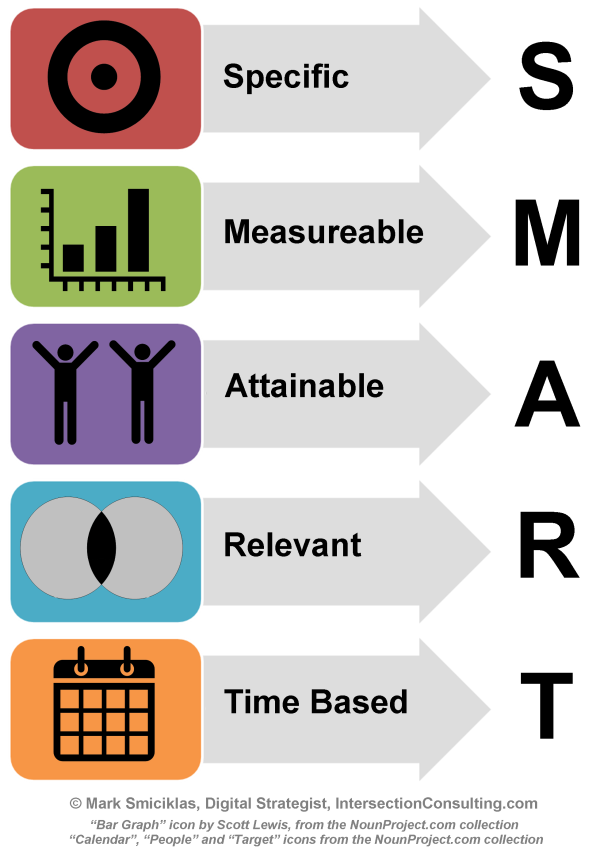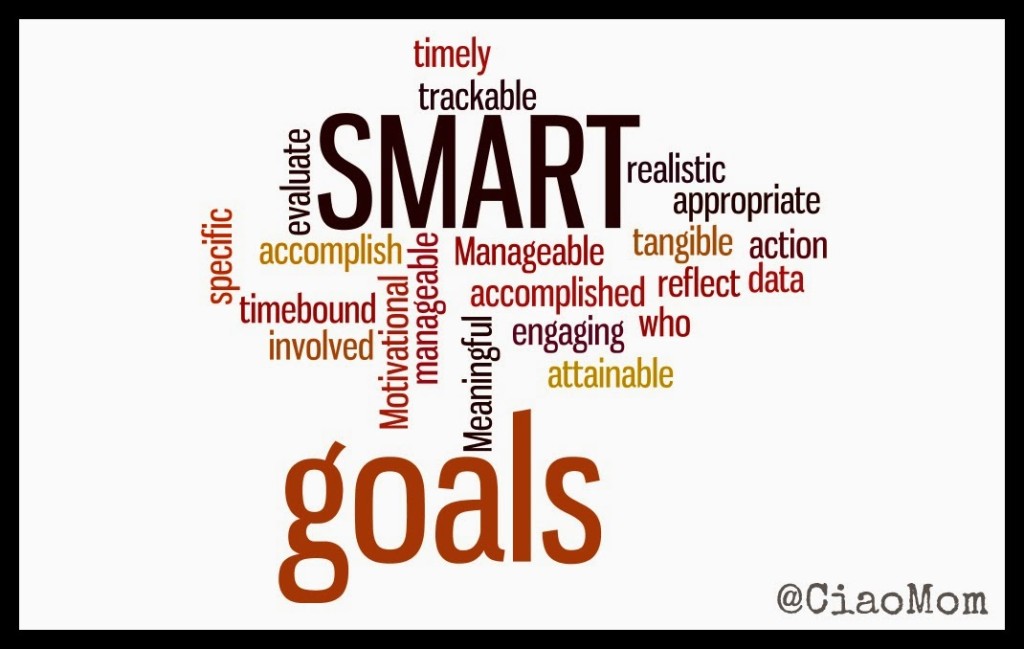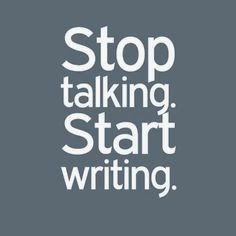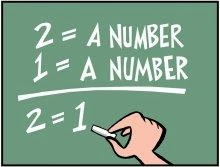
Setting SMART Goals for Yourself as a Writer
month we were discussing setting goals for therapy and made me think of how I
set goals for my life and work. We have spoken a lot on this blog over the past
year about setting goals with your
writing, but it’s really an art form that has to be as carefully crafted as
your writing (if not more so) if you want to be successful in your life as a
writer.
great tips for setting goals and helping you succeed better as a writer. First, start writing a book, then get some goals.
Just
follow the acronym SMART.
general or vague goal you don’t allow yourself the ability to know what you’re
aiming for. It would be much like playing darts after putting a
blindfold on. You know the general direction you’re shooting for, but you have
a much reduced chance of hitting a bulls-eye.
 Measurable – Your goal should have results that you can measure and
Measurable – Your goal should have results that you can measure andtherefore track your success with. Just simply saying, “I want to be more
successful in my writing,” isn’t measurable at all. Whereas, a goal like, “I want
to finish this rough draft of my book by the end of April,” articulates the desire to achieve a specific outcome by a specific time — a much more
measurable goal.
the rest of the “SMRT” of successful goal writing. You decide what you think is attainable
by you based on the situation and resources available to you.
For example,
resolving to write the next Twilight or Divergent series isn’t a
reasonable or attainable goal for most people. This doesn’t mean that you should set the bar
low; instead, challenge yourself with small steps that are attainable so that
you continue to propel yourself forward.
goal is whether or not it is relevant to you as a writer. This, in many ways, relates back up to the attainability of a goal. Limits are a good thing to start with, but they inherently limit you as a writer later in the game, and you have to let yourself be inspired.
 Basically, you want to make
Basically, you want to make
sure that your goal is a goal for the writer you are and not the writer you wish
you could be. This might sound harsh and counter-intuitive, but we get farther
when we embrace who we are rather than always overstretching ourselves.
goal setting. If you don’t set a limit on the temporal aspect of your goal, you
could end up feeling like you’ve never accomplished anything.
 The goal you set
The goal you set
will influence the time it will take to achieve it, but it is important to set a
time limit for your goal. Even if you don’t make the timing, it gives you
something to reflect on and consider when you’re setting goals for yourself in
the future.
said that goal writing is an art form, but it is also a science. It takes a lot
of goal writing to really become good at it. As you can tell, there is a lot of
overlap when it comes to these aspects of successful goal writing, and they
strongly influence each other.
The good thing about being so detailed in your
approach to goal writing is that it provides the constant opportunity for
reflection and development of how you see yourself and your writing. Being a writer is about letting yourself grow in both writing and relationships. It also means a bit of risk. Don’t be
afraid to take risks and challenge yourself, but be SMART.
You May Also Like

What Google Means For Your Writing
July 12, 2011
Guest Blogger Lorraine: On How to Deal With Critiques
June 18, 2014

